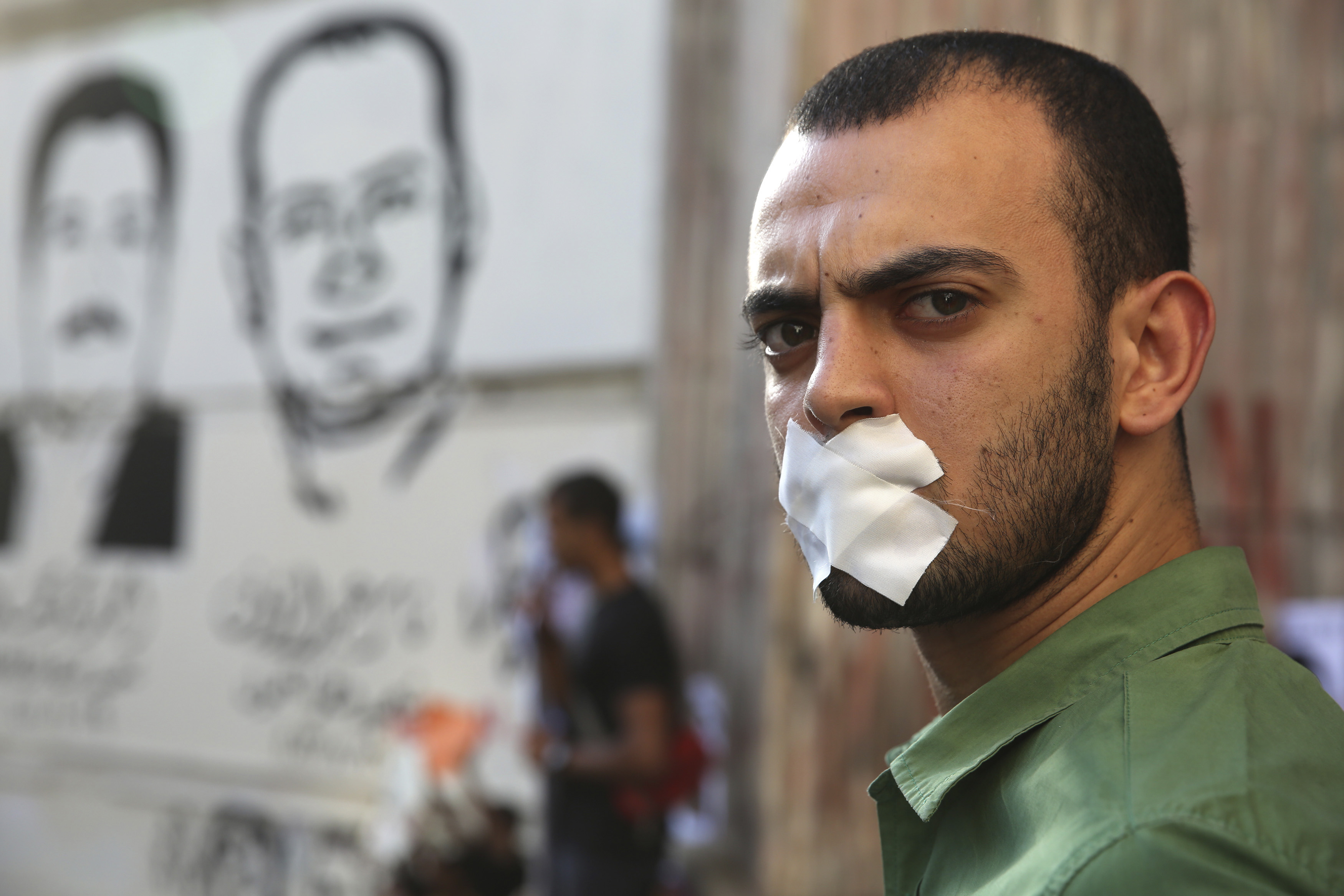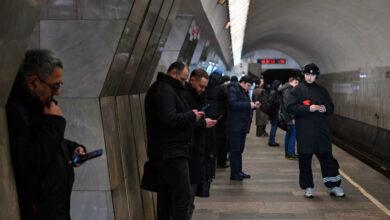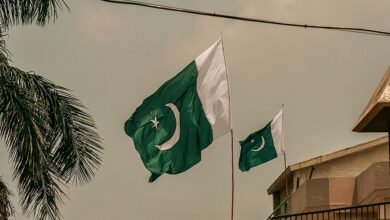
Independent news websites Al-Badil, Al-Bedaiah, and Medium, are now unreachable to internet users in Egypt, raising the total number of blocked websites to 57, the Cairo-based Association for Freedom of Thoughts and Expression (AFTE) said in a report published on Sunday.
“Most of the blocked sites are news websites, which constitutes a clear attack on the media, and contradicts Article 57 of the Constitution,” the report said.
During the period from May 24 to June 12, AFTE monitored the blocking of a number of websites licensed to work in Egypt. In its monitoring, AFTE has adopted a set of technical standards to confirm the blockage.
The blockage included the independent Mada Masr and the privately-owned Daily News Egypt, without any official announcement or clarification from telecommunications companies regarding the reason.
Soon after, the country’s official state news agency quoted a high-level security source confirming that access to 21 websites had been blocked, a number different from what AFTE cited on Sunday.
Other websites were also blocked in Egypt according to AFTE, including Sasapost, Daily Sabah, and the Tehran-based Al-Alam news network, Turk Press, Arab Turkey, Akhbar Turkiya and Akhbar Al-Aalam, raising the number of blocked websites to 57.
Some of the news websites submitted an official complaint to the prosecutor general as a response, and appointed a unified group of defense lawyers. Two MPs also submitted official memos about the block to Parliament.
The websites are said to be banned on claims of “supporting terrorism”.
Access to several websites was enabled through multiple Internet Service Providers a few days after the blockage. However, they were banned again shortly after, AFTE said.
Head of the Supreme Media Regulatory Council, Makram Mohammed Ahmed, told Al-Masry Al-Youm that the owners of Al-Borsa, Daily News Egypt and Al-Mesryoon have had their assets confiscated through a committee tasked with tracing the finances of the banned Muslim Brotherhood group. He said this is likely “a judicial order that the council has no authority over.”
AFTE said it has relied on OONI software, a global observation network for detecting censorship, surveillance and traffic manipulation on the internet. OONI enables testing to detect site blocking, as well as another spectrum of network tests. It also allows users to publish tests’ results. AFTE compared the results of the tests it obtained using the tool to the results of other tests published by users from Egypt.
AFTE stated that it tested the accessibility of the blocked sites through a variety of Internet service providers in Egypt (TE Data, Vodafone, Orange, Etisalat, LINKdotNET, NOOR). The association has used the Tor browser, various proxy services and websites, and VPN service to make sure that the sites work outside of Egypt.
They have also communicated with the customer service in the five companies providing communication and Internet service in Egypt to inquire about the blockade.
“The companies have attributed the inability of users to access blocked sites to the failures in the sites and not to blockade. This failure allegation contradicts all test results,” the report said.
The results of the monitoring conducted by AFTE to detect the number of sites that were blocked were as follows:
“The association monitored the blocking of 57 websites..The results of the blocking tests differed between the companies tested by OONI tool, as the results for the same site differed on different networks.”
It was noted that some sites were temporarily blocked during the monitoring period, then were accessible again to a large segment of users, and then blocked again, the report added.
Also worth noting, the AFTE report mentioned that “the test showed data that might indicate Internet monitoring on Vodafone network.”




